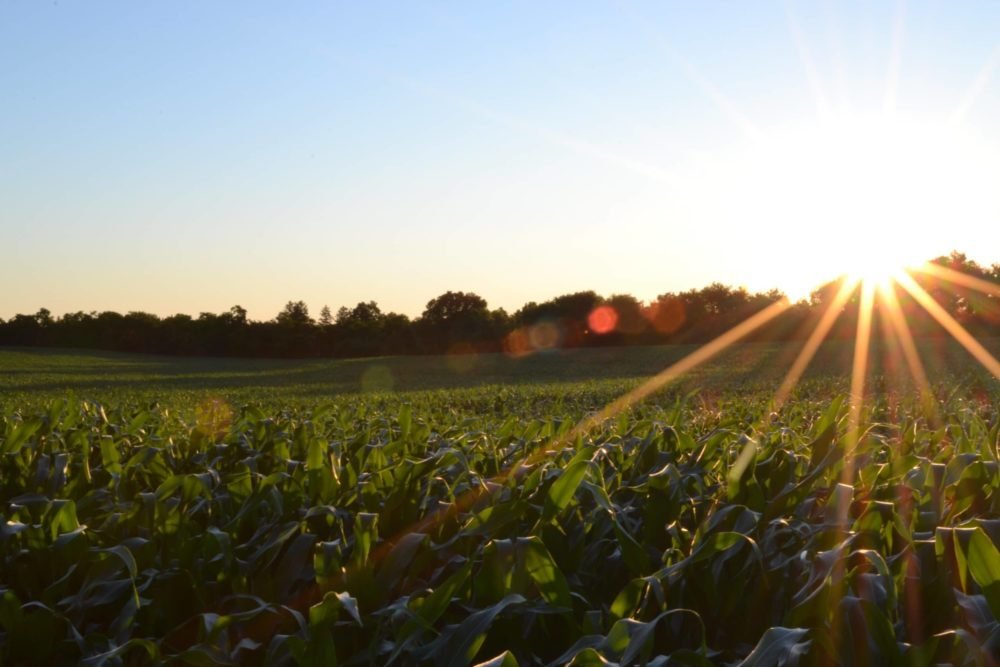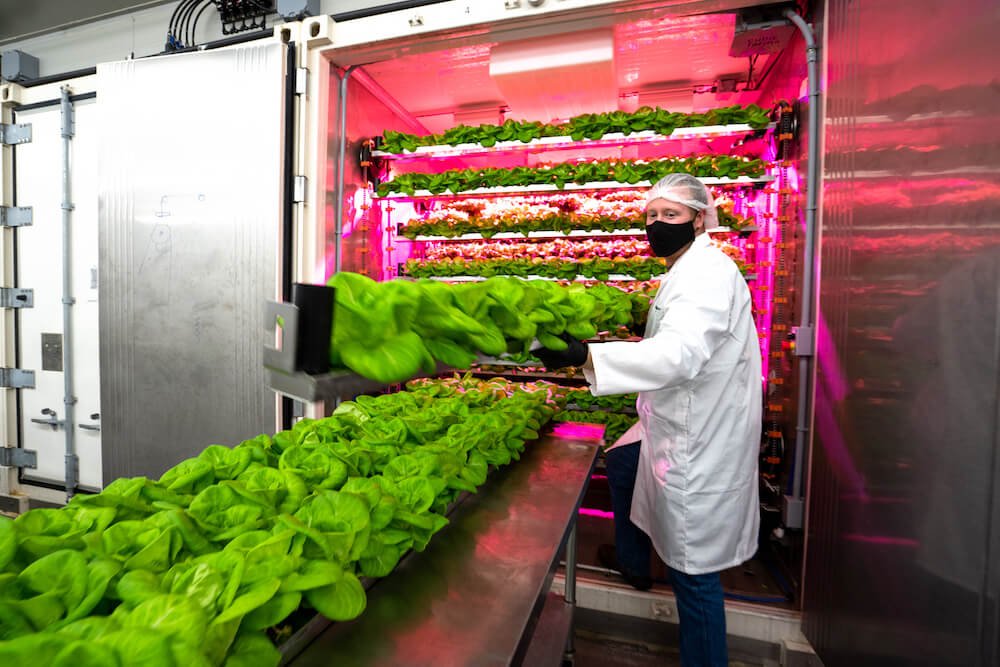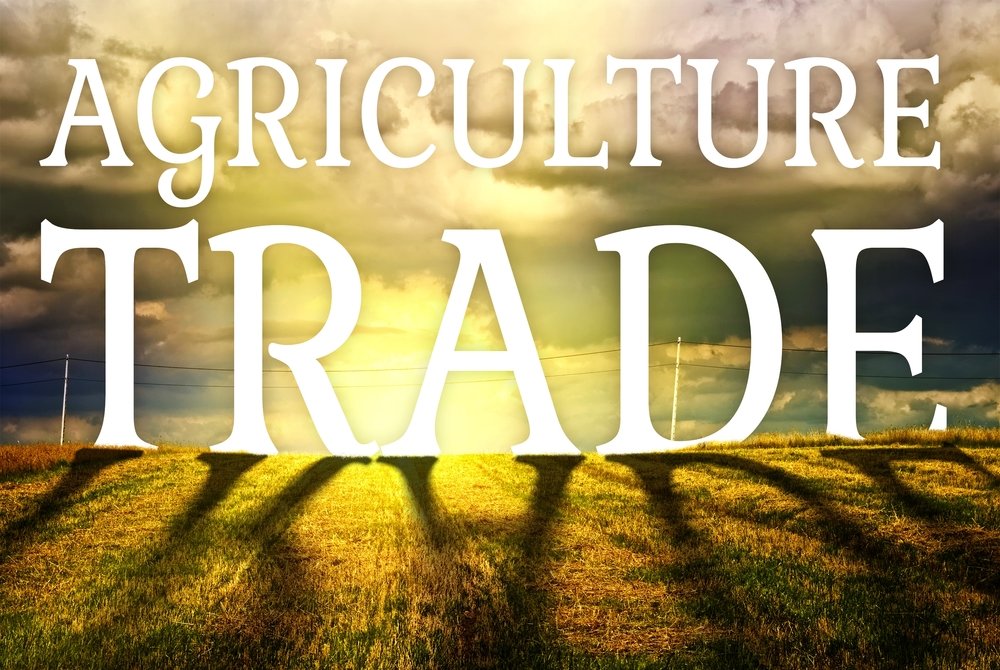Editor’s Note: Julian Sturdy MP is a member of the Science for Sustainable Agriculture advisory group. He has been MP for York Outer since 2010. He has served on the House of Commons Environment, Food and Rural Affairs Select Committee since 2017, and has chaired the All-Party Parliamentary Group on Science and Technology in Agriculture since 2016. Julian grew up in Yorkshire and has farmed in the area all his working life, having studied agriculture at Harper Adams University. Here he provides an introduction to the new policy and communications platform Science for Sustainable Agriculture and why it’s needed.
On February 22 this year, I introduced a Westminster Hall debate in Parliament entitled ‘Sustainable intensification and metrics in agriculture’. I warned Ministers that the ‘perfect storm’ identified in Sir John Beddington’s Foresight Report more than 11 years ago of population growth, climate change and finite resources of land, water and energy remains as threatening as ever to the security of global food supplies. I cautioned against complacency over an issue as fundamental as food security.
Two days after the debate, Russia invaded Ukraine.
This terrible conflict has underscored the precarious balance that exists between global food supply and demand, with already record-high food prices forecast by the UN Food and Agriculture Organisation to rise by a further 20%.
It is a wake-up call to nations all around the world.
With its good soils, temperate climate, highly equipped and professional farming sector, and a world-leading science base, Britain is well placed to increase its food production capability in response to the global food security challenge, while at the same time mitigating and adapting to climate change, protecting biodiversity and conserving precious natural resources.
But we can also go further – freed from the restrictive influence of over-precautionary EU regulations, Britain has the opportunity to establish itself as an international hub for agri-science excellence and innovation: exporting technological solutions, attracting inward investment and fostering international research collaboration.
But to realise that potential, scientific rigour and evidence must underpin the UK’s approach across all areas of policy development.
While early action by the UK Government to diverge from restrictive EU rules on gene editing is a positive and welcome first step, there are serious concerns that it is not matched by a similar commitment to follow the science on issues such as future farm support, R&D funding and sustainability metrics.
That’s why I am pleased to be involved in Science for Sustainable Agriculture (SSA), a new policy and communications platform bringing together like-minded individuals and organisations to champion and explain the vital role of agricultural science and technology in safeguarding our food supply, tackling climate change and protecting the natural environment.
SSA’s launch prospectus, presented to Defra food and farming minister Victoria Prentis MP in Parliament on 25 May, calls on Ministers to do much more to put scientific rigour and evidence at the heart of policy-making in agriculture.
Faced with a cost-of-living crunch and heightened food security concerns, the report warns that Defra policy development
- ignores crucial scientific evidence, including from Defra’s own research;
- is side-lining food production in a policy drift towards lower-yield farming systems and even ‘re-wilding’ of productive farmland;
- is over-reliant on voluntary and campaigning NGOs;
- risks sleepwalking us into our own food crisis.
In line with the Foresight recommendations 11 years ago, the SSA report calls for a renewed policy focus on sustainable intensification in agriculture, alongside more pro-innovation policies, long-term investment in genetic innovation as the main driver of productivity gains, and the adoption of consistent, science-based sustainability metrics to frame the policy and R&D agenda.
Science for Sustainable Agriculture also stands ready to expose, comment on or challenge unscientific or contradictory positions in relation to sustainable agriculture.
Since its launch, for example, the platform has issued this statement from leading veterinary, scientific and farming experts challenging the RSPCA’s recent claim that the UK Government’s Precision Breeding Bill represents a serious setback for animal welfare, and this commentary from mixed farmer Paul Temple calling on the Food Standards Agency to focus on its role as a science-based custodian of public safety in relation to food, not as a polling organisation trying to second-guess consumer attitudes to future technologies.
Meanwhile, farming and conservation expert Alastair Leake has warned that Ministers are ignoring clear scientific evidence that high-yield farming and nature conservation can successfully co-exist, and that Defra’s fixation with land abandonment, also known as ‘re-wilding’, risks undermining key opportunities to benefit nature, food production, and society.
Above all, we must restore the policy focus on sustainable intensification – using scientific knowledge and innovation to help optimise the balance between food production, resource use and environmental protection.
The future for sustainable agriculture does not lie in turning back the clock, as some would have us believe, but in embracing high-tech solutions, applying scientific data and evidence, and combining innovation with established best practice and knowledge from a range of farming systems.
Guided by science, rather than doctrine and ideology, we have the best chance of feeding an increasingly hungry, warming planet in the most sustainable way.













